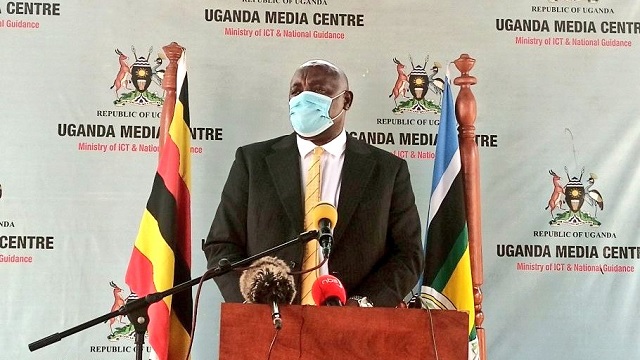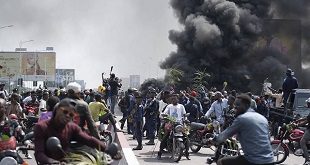
Kampala, Uganda | THE INDEPENDENT | The Cabinet has approved the National Transport and Logistics Policy 2021, by the Ministry of Works and Transport, which is an updated version of the draft National Transport Policy and Strategy of 2014.
The 2014 policy and strategy had been overtaken by the new developments and needs in the transport and logistics sector locally and internationally, and the new policy seeks to address this.
In seeking to “fully address the entire transportation sector spectrum to meet the growing expectation and the needs of the citizens”, the new policy includes provisions on logistics and green transport elements, in response to climate-related challenges.
According to the policy paper, the revised policy will be more holistic, and better in setting the directions as to how transport can contribute to the country’s economic development and competitiveness.
The Minister for ICT and National Guidance, Chris Baryomunsi told the media in Kampala that the policy comprehensively provides for the development of all modes of transport into one system to improve connectivity.
It also aims at reducing foreign participation in the consultancy and construction services in the transport sector, by supporting or building the local capacity according to Dr Baryomunsi.
Some of the challenges in the transport sector include the heavy congestion in cities, especially Kampala, and the policy seeks to ensure that such challenges are not repeated in future cities.
There is also a disjointed system of transport, with each section like minibus taxis, buses and boda-bodas only going for business in areas that present the best available profitable opportunities.
This is due to the fact that the transport industry, especially public transport has been left to the private sector, be it management, investment and operation, with no form of regulation.
For years now, authorities have been toying with ideas of improving the transport system in Kampala, but with plans like the bus transit system, the light metro rail service among others, but none has been implemented.
Baryomunsi says the new policy takes into account all the existing instruments on the transport industry and it will be the main reference point when developing transport systems, whether road, water, air or rail.
This is also aimed at developing Uganda into a regional transport hub, according to the Minister, with all transport systems available and integrated into one.
He says that some policies clash or overarch each other and this will also be solved with the new policy.
*****
URN
 The Independent Uganda: You get the Truth we Pay the Price
The Independent Uganda: You get the Truth we Pay the Price


